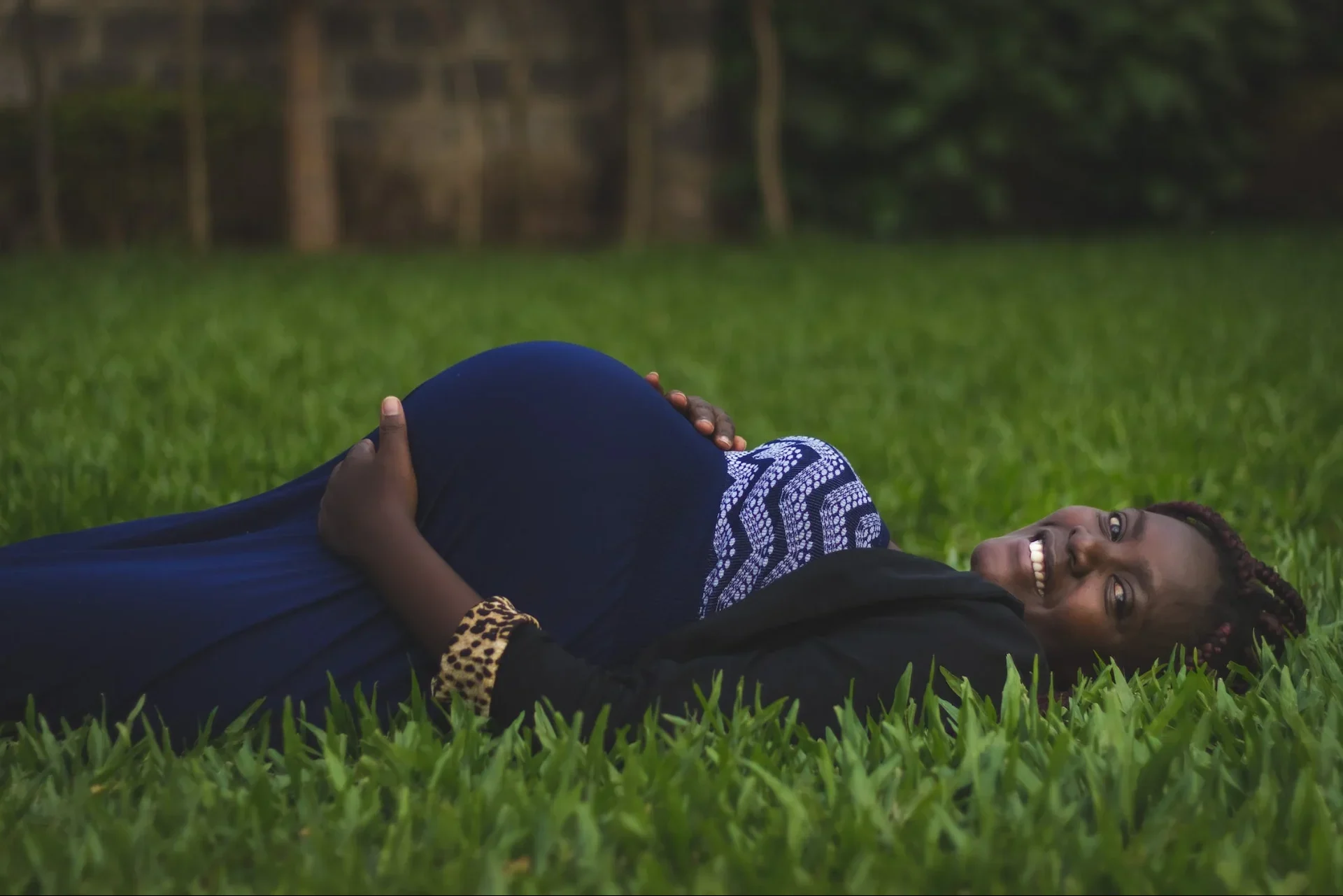A recent comprehensive study conducted over a long period of time has revealed that there is no evidence linking the use of cannabis during pregnancy to various neurodevelopmental outcomes in children who were exposed. Published in the esteemed journal Paediatric and Perinatal Epidemiology in June, this study employed more rigorous measures to control for factors that could potentially affect the results compared to previous studies. Furthermore, the researchers closely monitored the children until they reached the age of 20. After carefully considering the parents’ characteristics, the study found no connections between prenatal cannabis usage and any significant differences in neurodevelopment.
This is encouraging information considering the rising trend of cannabis usage among pregnant women, which currently stands at 4.2%. It is important to note that pregnant individuals who use cannabis may encounter legal consequences such as arrest, imprisonment, and child custody issues in various states.
Is Cannabis Safe During Pregnancy?
The safety of cannabis use during pregnancy remains a contentious topic with varying perspectives. Some individuals advocate for its potential benefits in alleviating morning sickness and pregnancy discomfort. However, concerns arise regarding the potential negative effects of cannabis’ potent chemical composition on fetal development. Unfortunately, the existing research on this subject has yielded inconsistent findings.
Certain studies indicate that prenatal exposure to cannabis may contribute to heightened neurodevelopmental disparities in children, including conditions such as ADHD, anxiety, and autism. Conversely, other studies fail to establish a clear association. For instance, a systematic review conducted in 2020 suggested a potential link between cannabis use during pregnancy and ADHD and affective symptoms like anxiety in offspring. Another study from the same year found that children whose mothers used cannabis during pregnancy had a 50% higher likelihood of receiving an autism diagnosis.
However, it is important to approach these studies with caution due to potential methodological limitations. Experts highlight issues such as small sample sizes and weak observational study designs, which make it challenging to definitively attribute these differences to cannabis usage.
Neurodivergent Children: Examining The Impact of Cannabis and Parental Factors
When investigating neurodivergent children, it is crucial to consider the influence of THC-oriented factors, particularly parental characteristics. This includes taking into account other drug usage or preexisting medical conditions. A recent study conducted in 2021 demonstrated that there was no link between autism and prenatal cannabis use when considering factors such as maternal education, alcohol consumption, and tobacco usage. Another study in 2023 indicated that when accounting for maternal stress, which is a known risk factor for autism in offspring and cannabis use, children exposed to cannabis did not show higher risks of autism. Similarly, a study conducted in 2021 on a sample of 2408 children found comparable outcomes for ADHD. Once confounding variables were considered, no associations were observed.
It is worth noting that recent estimates suggest a high heritability rate for both autism (up to 90%) and ADHD (up to 88%), indicating a strong likelihood of these conditions being passed on from parents to children. Failing to account for whether parents possess traits associated with these conditions can introduce significant bias into research studies. This is particularly important as both autism and ADHD have been linked to increased substance use, and cannabis has shown potential for alleviating symptoms related to these conditions. While it may initially appear that cannabis is responsible for neurodevelopmental differences, it could instead be the case that parents who are more likely to pass on these differences are also more inclined to use cannabis during pregnancy.
New Study Shows No Link Between Cannabis and Neurodevelopmental Differences
A recent study conducted by researchers at Columbia University and the University of Western Australia, Perth, has provided valuable insights into the effects of cannabis on neurodevelopment. Unlike previous studies, this research went above and beyond by considering various clinical and sociodemographic factors related to the parents, which significantly minimized the limitations of earlier investigations. Furthermore, the study spanned over a long period of time, allowing researchers to track the impact of prenatal cannabis exposure on 2,868 children from pregnancy to age 20.
To gather comprehensive data, the children underwent neuropsychological testing at ages 10 and again at 19 or 20, providing a more extensive timeframe compared to previous research. Coupled with a large sample size and rigorous controls, this study offers a clearer understanding of the specific effects attributable to prenatal cannabis use. Remarkably, after accounting for these controls, the researchers found no associations between prenatal marijuana exposure (PME) and poorer performance on neuropsychological assessments at ages 10 and 19-20.
Limitations Of The Study: Evolving Nature of Cannabis
Although the study’s findings are encouraging, it is important to acknowledge its limitations. One significant factor is the continuously changing landscape of cannabis, including variations in potency and usage patterns over the past few decades. The cohort analyzed in this study consisted of children born between 1989 and 1992, which may not accurately reflect the higher levels of THC exposure experienced by children born in more recent years. As a result, the authors of the study suggest the need for further research in a contemporary birth cohort, encompassing a wider range of neuropsychological outcomes, to gain a deeper understanding of the impact of prenatal marijuana exposure on neurodevelopment.
As we await more comprehensive data, experts still advise women to refrain from using cannabis during pregnancy.
IMPORTANT: The information on this blog is for general informational purposes only and should not be considered as medical advice. Always consult a qualified healthcare professional for personalised medical advice. The authors of this blog are not medical professionals and disclaim any liability for the use of the information provide.









0 Comments